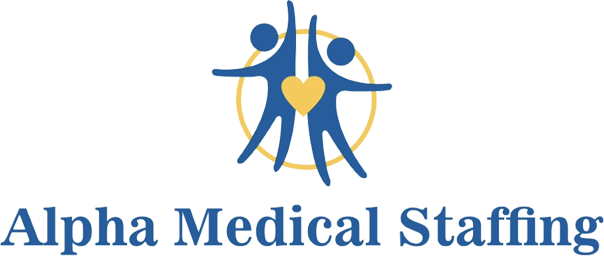Per diem nursing is a flexible and increasingly popular employment model within the healthcare sector. The term “per diem” is derived from Latin, meaning “per day.” In the context of nursing, it refers to a work arrangement where nurses are employed on a day-to-day basis, rather than having a fixed schedule or a full-time contract. This model provides significant flexibility for both healthcare facilities and nurses, but also comes with its own set of benefits and challenges.
The Structure of Per Diem Nursing
1. Definition and Scope
Per diem nurses are hired to work as needed, covering shifts on a daily basis. This can include filling in for full-time staff who are absent due to illness, vacation, or other reasons, as well as providing additional support during peak periods or special situations. Unlike permanent staff, per diem nurses do not have a guaranteed number of hours and are typically not entitled to the same benefits as full-time employees, such as health insurance or paid time off.
2. Employment Arrangement
The employment arrangement for per diem nurses is usually more flexible compared to traditional nursing roles. Nurses may have the option to choose their shifts and work locations based on their availability. This flexibility is particularly appealing to those who require a more adaptable work schedule due to personal commitments or other professional endeavors.
Benefits of Per Diem Nursing
1. Flexibility
One of the primary benefits of per diem nursing is the flexibility it offers. Nurses can often set their own schedules, allowing them to balance work with personal responsibilities or other interests. This flexibility is especially beneficial for individuals pursuing advanced degrees, raising families, or managing other commitments.
2. Increased Earnings Potential
Per diem nurses may have the opportunity to earn more per hour compared to their full-time counterparts. The pay rate for per diem nurses is often higher to compensate for the lack of job security and benefits. This can be particularly advantageous for those who are able to work additional shifts or take on multiple per diem roles simultaneously.
3. Varied Experience
Working as a per diem nurse exposes individuals to a wide range of clinical settings and patient populations. This variety can enhance a nurse’s experience and skills, making them more versatile and marketable in the job market. It also provides opportunities to network with different healthcare professionals and gain insights into various healthcare environments.
Challenges of Per Diem Nursing
1. Lack of Job Security
One of the significant drawbacks of per diem nursing is the lack of job security. Per diem nurses do not have guaranteed hours, and their employment can be unpredictable. This can be challenging for those who prefer a more stable income and work environment.
2. Absence of Benefits
Per diem nurses typically do not receive benefits such as health insurance, retirement plans, or paid leave. This absence of benefits can make the role less appealing for those who rely on such perks for financial stability and well-being.
3. Integration and Continuity
Per diem nurses may face challenges related to integration within the healthcare team. Because they are not permanent staff, they might encounter difficulties with acclimating to the facility’s protocols and building rapport with regular team members. Additionally, the discontinuous nature of their employment can sometimes impact the continuity of care for patients.
Statistical Insights
1. Employment Trends
According to the U.S. Bureau of Labor Statistics (BLS), there were approximately 3.1 million registered nurses employed in the United States as of May 2022. While specific statistics on per diem nurses are not always separately reported, the trend towards more flexible work arrangements has been growing. Per diem nursing represents a significant segment of this workforce, especially in hospitals and long-term care facilities.
2. Pay Rates
Data from the BLS indicates that the median annual wage for registered nurses in 2022 was around $77,600. However, per diem nurses can command higher hourly rates. In some cases, per diem rates can range from $35 to $55 per hour, depending on factors such as location, specialty, and the facility’s needs.
3. Demand and Supply
The demand for per diem nurses has been influenced by factors such as hospital staffing shortages and increased patient loads. For example, a report from the American Hospital Association highlighted that 84% of hospitals experienced a nursing shortage in 2023. This shortage has driven up the demand for per diem nurses who can provide immediate staffing solutions.



